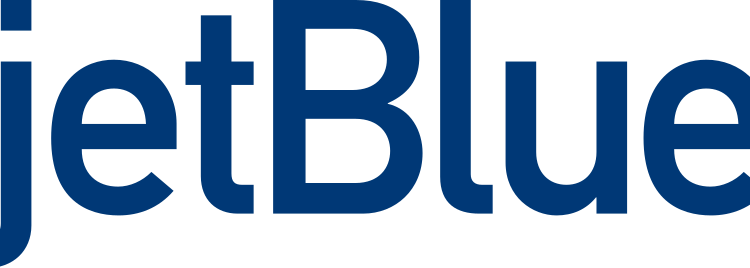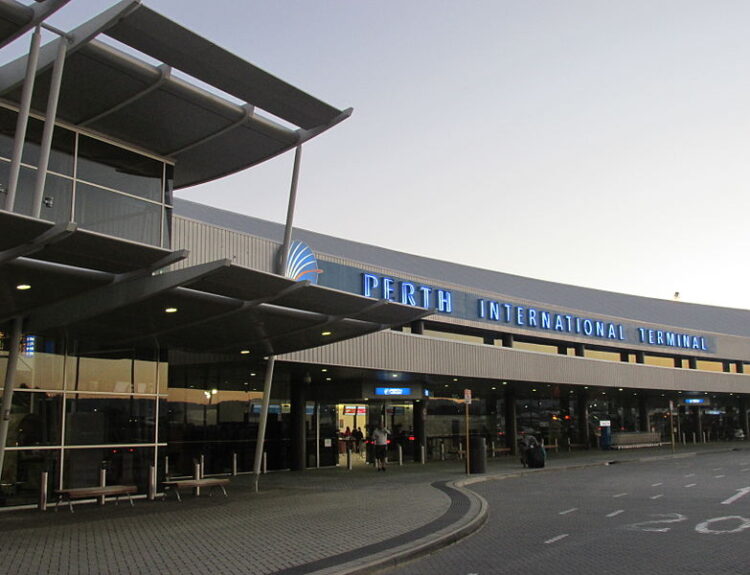Plane maker’s admission of wrongdoing threatens to serve as ‘the equivalent of a taped confession’
- Boeing faces the decision of pleading guilty or going to trial over its 737 MAX troubles
- Pleading guilty may be the company’s best strategy to close the book on criminal liability
- Going to trial carries more risk and could result in evidence of other alleged wrongdoing being introduced
- Boeing’s original deferred-prosecution agreement was revoked due to failure to maintain an effective compliance program
- Prosecutors have demanded a guilty plea and an additional fine of $243.6 million
Boeing is facing a difficult decision in the wake of its 737 MAX troubles. The company must choose between pleading guilty or going to trial to defend its innocence. Pleading guilty would be a reputational stain, but it may be the best strategy for Boeing to close the book on its criminal liability. Going to trial carries more risk, as prosecutors could introduce evidence of other alleged acts of wrongdoing. The decision comes after Boeing’s original deferred-prosecution agreement was revoked due to failure to maintain an effective compliance program. Prosecutors have demanded a guilty plea and an additional fine of $243.6 million. The families of the victims of the 737 MAX crashes oppose a plea that doesn’t acknowledge Boeing’s responsibility for the deaths. Boeing investors, however, appear to be unaffected by the company’s legal troubles, as its share price rose following the news of the guilty plea demand. If Boeing pleads guilty, it may also be on the hook for additional restitution to the crash victims’ families. Ultimately, Boeing must weigh the consequences and decide whether to plead guilty or take the risk of going to trial.·
Factuality Level: 2
Factuality Justification: The article provides relevant information about Boeing’s legal troubles and the decision it faces regarding pleading guilty or going to trial. However, it includes some unnecessary details and repetitive information, such as repeatedly mentioning the potential consequences of pleading guilty or going to trial. The article also includes some biased perspectives, such as the attorney for the victims’ families arguing for a higher fine, which may not be universally accepted as necessary. Overall, the article lacks depth and objectivity in its reporting.·
Noise Level: 3
Noise Justification: The article provides a detailed analysis of Boeing’s dilemma regarding pleading guilty or going to trial for misleading air-safety regulators. It discusses the potential consequences, legal aspects, and implications for the company. The article stays on topic and supports its claims with evidence and expert opinions. However, it contains some repetitive information and could benefit from more concise reporting.·
Public Companies: Boeing (BA)
Key People: David Calhoun (Chief Executive), Robert Luskin (Partner at Paul Hastings), Paul Cassell (Attorney for the victims’ families)
Financial Relevance: Yes
Financial Markets Impacted: Boeing’s financial markets may be impacted by the decision to plead guilty or go to trial, as it could affect the company’s reputation, potential fines, and future business opportunities.
Financial Rating Justification: The article discusses Boeing’s decision to plead guilty or go to trial for a crime it already admitted to committing. This decision could have financial implications for the company, including reputational damage, potential fines, and the possibility of being suspended or barred as a military contractor.·
Presence Of Extreme Event: No
Nature Of Extreme Event: No
Impact Rating Of The Extreme Event: No
Extreme Rating Justification: ·
 www.wsj.com
www.wsj.com 





